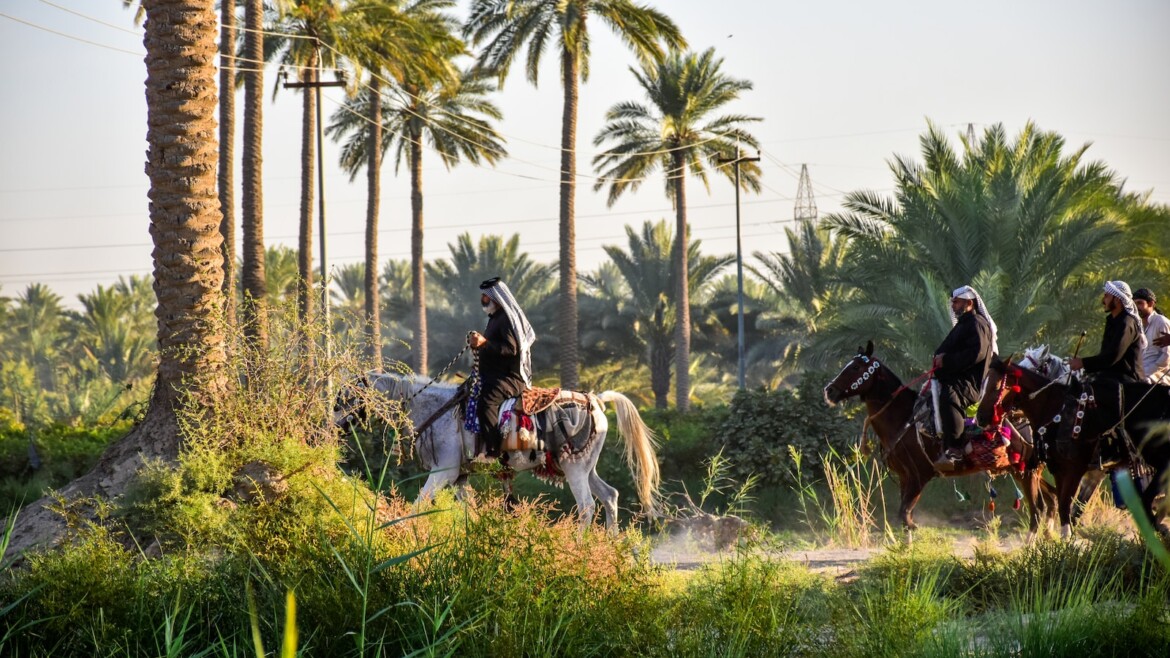On the 7th of Muharram during the events of the Battle of Karbala in 680 CE, the forces of Yazid ibn Muawiya, led by Umar ibn Sa’d, did indeed block the supplies of water to Imam Hussain (AS) and his family and companions.
Imam Hussain (AS) and his followers, who numbered a few dozen against a much larger army, faced a severe siege in Karbala. The forces loyal to Yazid intentionally cut off their access to water in an attempt to weaken their resolve and force them to surrender.
This act of blocking the water supply to the Imam’s camp added to the suffering and hardship endured by Imam Hussain (AS) and his followers. Despite the dire situation, they remained steadfast in their commitment to upholding principles of justice, morality, and standing against oppression.
The lack of water exacerbated the suffering of Imam Hussain (AS) and his companions, making it extremely challenging for them to endure the harsh conditions of the desert.
Despite their unbearable thirst and the hardships they faced, Imam Hussain (AS) and his companions remained steadfast in their stance against tyranny and oppression. They refused to submit to the illegitimate rule of Yazid, choosing instead to uphold their principles and values, even at the cost of their lives.
The water shortage crisis in Karbala added to the tragedy and has left a profound impact on the hearts and minds of Muslims, particularly among Shia Muslims who commemorate the events of Muharram, especially on the day of Ashura, by mourning and remembering the sacrifices made by Imam Hussain (AS) and his companions. The lessons of Karbala continue to be relevant as they serve as a symbol of resistance against injustice and a reminder of the importance of standing up for truth and righteousness.
The events of the Battle of Karbala and the martyrdom of Imam Hussain (AS) and his companions continue to hold significant religious and historical importance for Muslims, particularly for Shia Muslims, who mourn and commemorate the tragedy during the month of Muharram, particularly on the day of Ashura (the 10th of Muharram).

